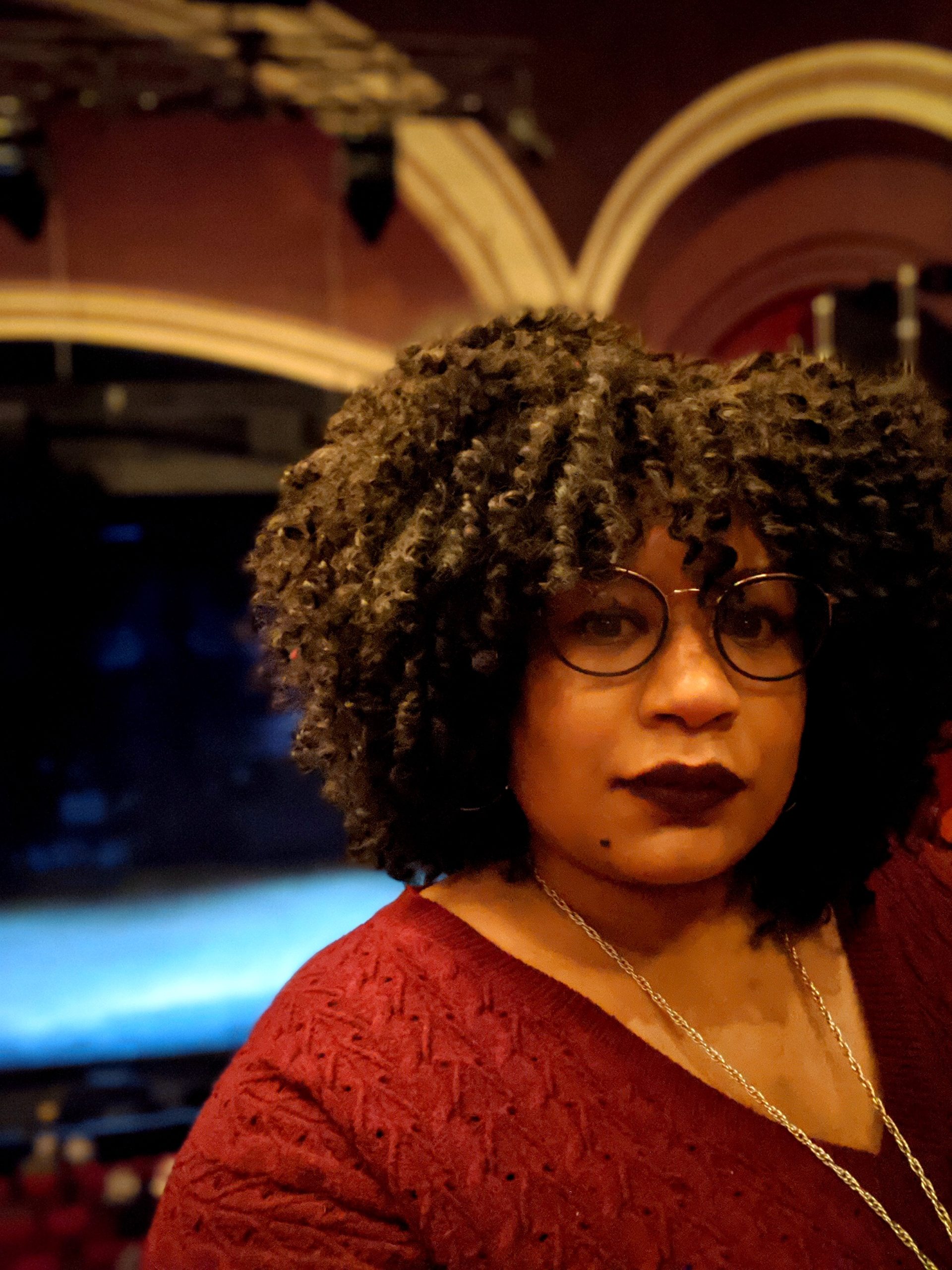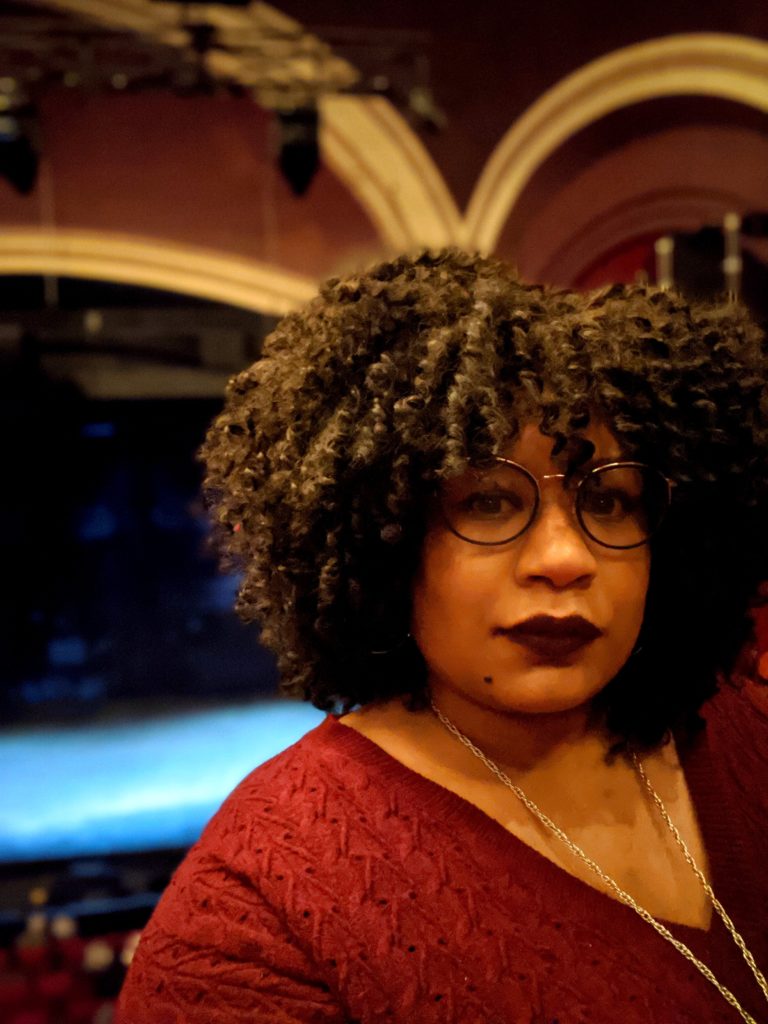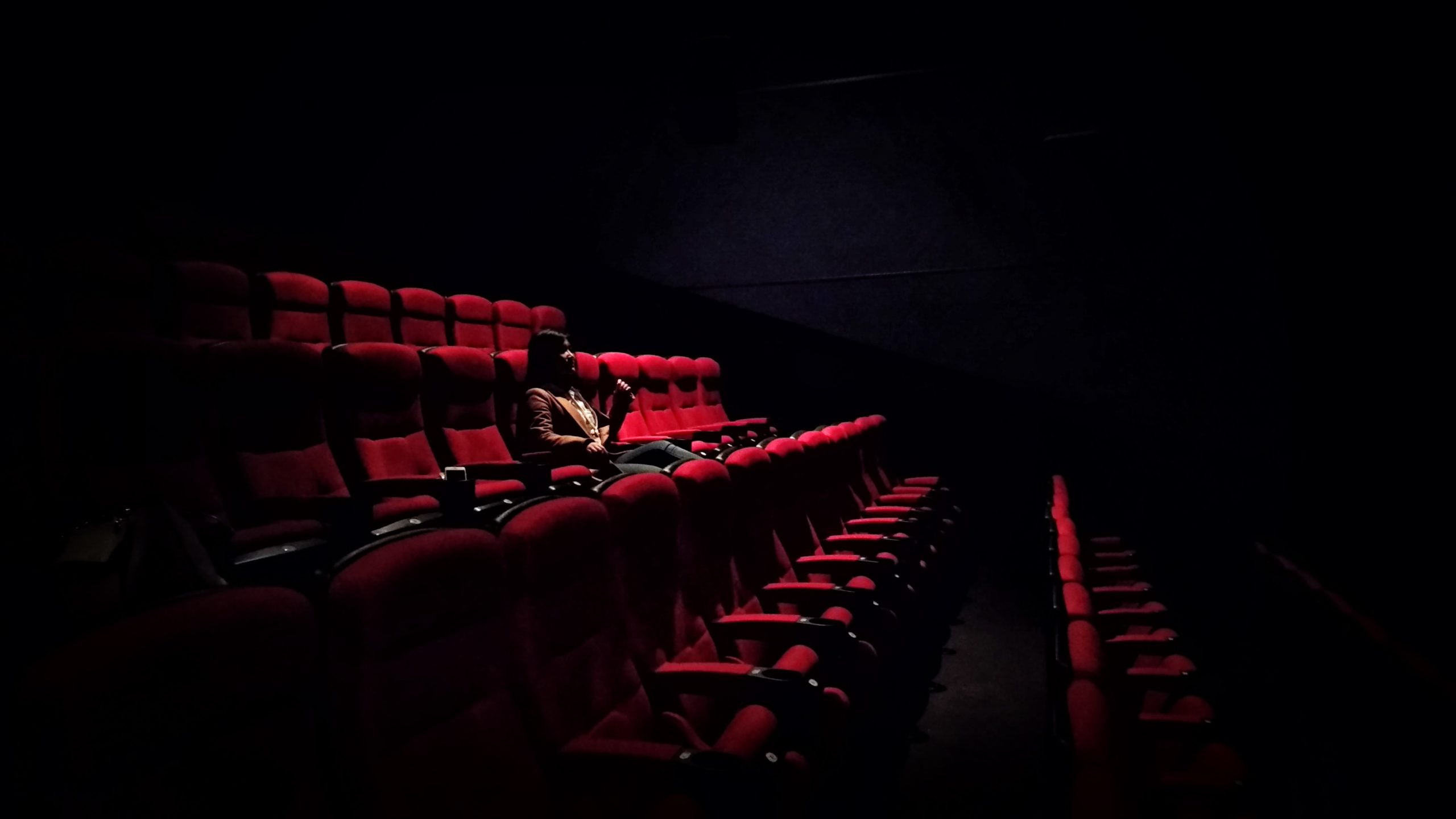
Critic Spotlight: October 2020
Soraya Nadia Mcdonald
Brooklyn, New York
Culture critic, The Undefeated

This has been an incredible year for you professionally, capped off with a Pulitzer finalist citation in May. As we approach the end of 2020, have you been able to sit down and reflect on what this year has meant for you?
No (laughter). If anything, it’s made me feel like, “Oh great, now I have this attention.” Whatever I am writing at this point, I feel like it’s got to be good. The last thing you want is people reading your stuff and being like, “Geez, what’s the big deal?”
I’m always fascinated by people who can delve deeply into diverse genres. What similarities do you find in sports and the arts, as someone who writes about both?
When you think about how they are covered and why people pay attention, there’s actually not that much difference. Sports can be really interesting because athletes are able to do really incredible and exceptional things with their bodies. We’re drawn to people who are good at what they do.
The same, I think, is true with artists. You have characters, you have emotional stakes and you have a stage which is basically an arena. The dynamics are very similar.
You are extremely active on Twitter (@sorayamcdonald). What do you enjoy about Twitter and do you feel it’s important to have an account, as a writer today?
It feels more like a necessary tool than anything else. It’s a tool for self promotion. It can be so heavily populated by media people and lots of them can have influence over your career.
It’s really sort of the easiest and most efficient way to get your work in front of their eyes. Certainly when you have a new piece come out, you get this dopamine rush of validation.
What do you miss most about your life before March 2020?
There’s so much. I miss the whole process of going into the city and getting my tickets from the press rep outside. So many of my nights were occupied by that. Taking friends to shows was a way I could catch up with everyone who is spread out all over the city. It was great to have a drink and a conversation and experience something with someone else.
You have taken some really deep dives in your work about what theater should be striving for when it reopens. What can critics do better?
We need to think about how we do our jobs and what does it actually mean to be a critic. We have a serious and crucial role to play in democracy, and I don’t think it matters what you cover — it doesn’t necessarily have to be politics.
If we think of ourselves as the fourth estate, as people who are supposed to be contributing to an informed public so they can make decisions based on that information, that we’re looking at everyone and not missing anything. That’s a question I ask myself over and over again: What or who am I missing?
Specifically for white critics — I want to see more white people engage with and talk about race, including with white people. This has been taboo for far too long. I remember the first time I heard that, I was like, “What the hell?” My family talks about race all the time. And then I realized, oh, it’s different for white people.
I think the thing that stops a lot of people from doing that, particularly if they have a big, public platform is they don’t want to embarrass themselves. Look, I don’t want to embarass myself either. That is the thing driving me to do my job and I don’t want to look like a jackass on the internet, so I try to have as much information as possible to inform whatever opinion I’m putting forth. I like my arguments to be as air tight as possible.
You attended a Historically Black College and University (Howard in Washington, D.C.). What is something you got from your time at Howard that you don’t think you would have gotten at any other institution?
When you live in the world and spend all your time around white people … when you’re always in the minority, you forget how to center yourself. Part of the work of every Black parent I know is providing an environment for your kid where they are not inferior just by being in the room.
The thing about going to Howard is that everybody there looks like you. And there are so many different types of Black folks. There’s not just African American students but students from all over the diaspora.
I wouldn’t say that Black excellence is taken for granted, but it’s expected. You’re attending the same university as Toni Morrison, Zora Neale Hurston, Thurgood Marshall, Chadwick Boseman. It’s not unusual that you would be excellent at something because so many people are. It’s not crazy to hold yourself to this ridiculous standard.
It is a beautiful sense of self that is developed outside of whiteness and white supremacy. That is what Howard does: it teaches you to seek validation from a deeper place, one that is sort of rooted in home. And when I say home, I mean Black folks.
Finally, please share with us some pieces you’re proud of.
“The unbearable whiteness of ‘Oklahoma!’” in The Undefeated
In a new Broadway revival, the blinding sunshine of the Territory exposes the violence beneath the romantic myth.
“‘Watchmen’ episode six: ‘This Extraordinary Being’” in The Undefeated
The real Hooded Justice is finally revealed, and his origin story is a doozy
“The One and Only Naomi Osaka” in The Undefeated
She’s a riddle, wrapped in a mystery, inside a blistering forehand: For all her growing fame, the world’s No. 1 remains tough to define — just the way she likes it.
— Interview by David John Chávez





Sorry, the comment form is closed at this time.